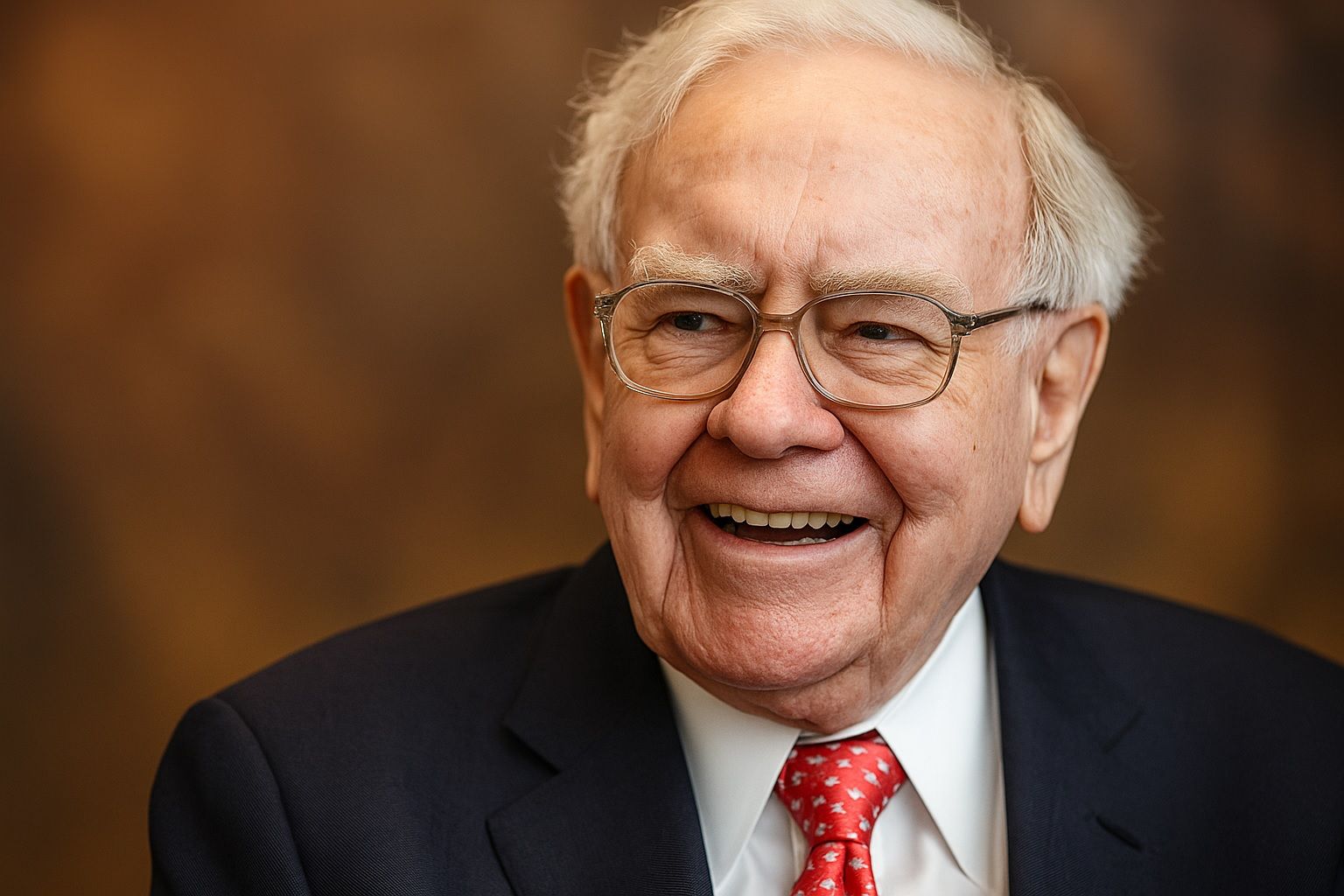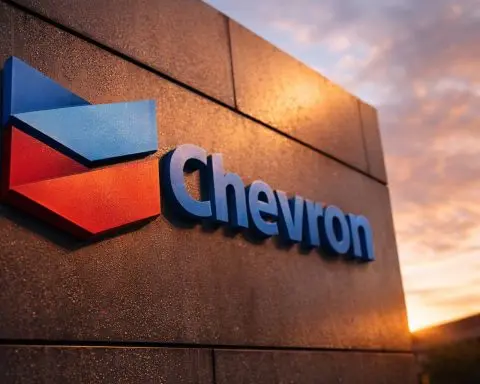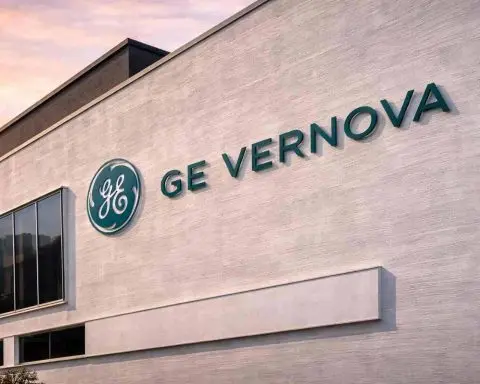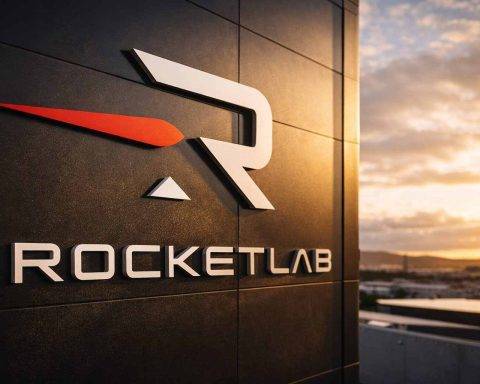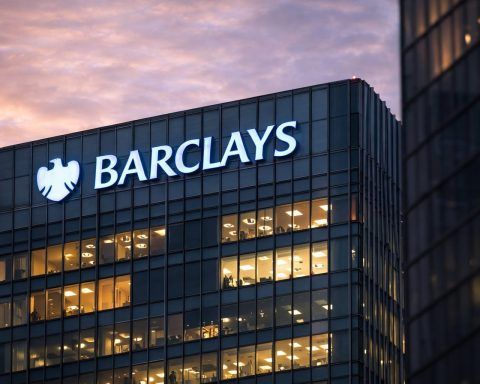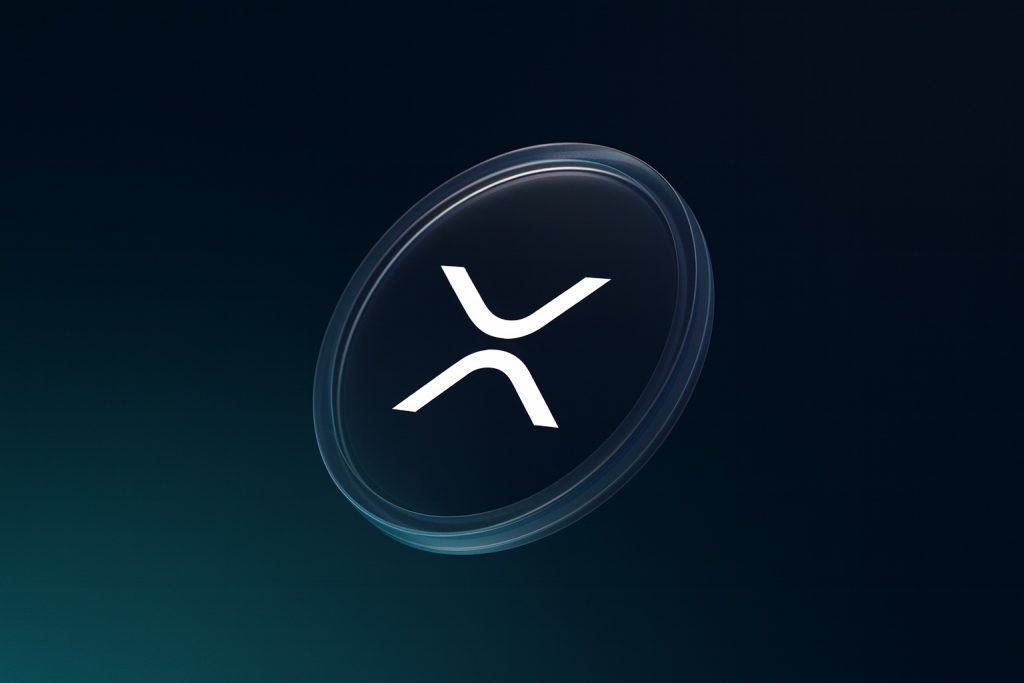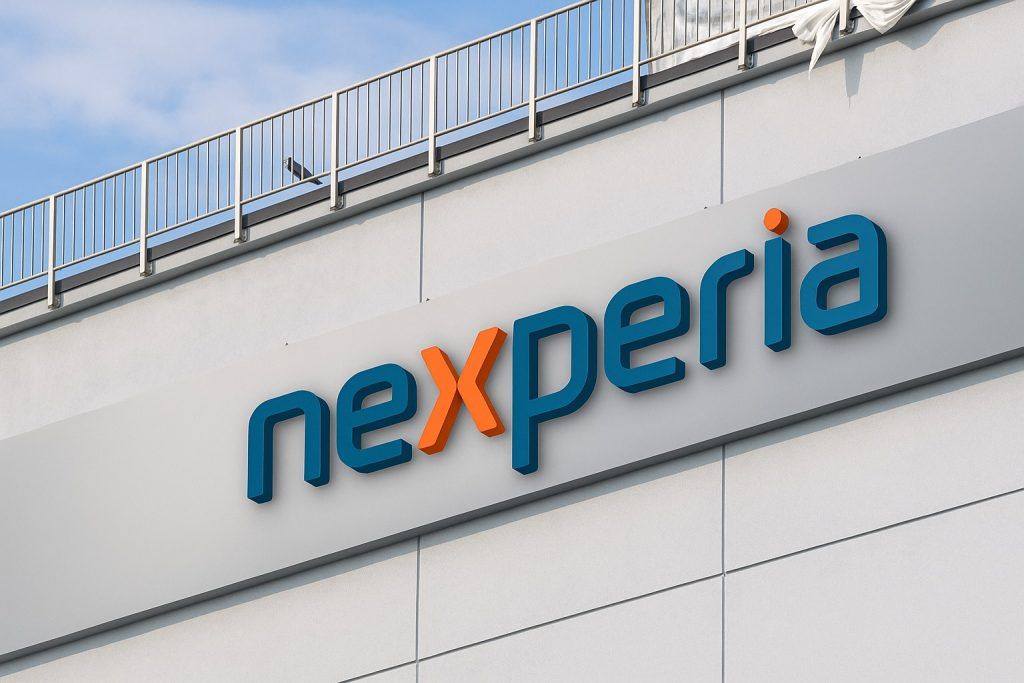- Earnings Beat Expectations: Berkshire Hathaway’s Q3 2025 operating profit jumped 34% to $13.49 billion, buoyed by a rebound in insurance underwriting and currency gainsreuters.com. This handily beat analyst forecasts (about $8,574 per Class A share) for the quartermarketscreener.com.
- Soaring Net Income: Quarterly net income (including investment gains) climbed 17% year-over-year to $30.8 billion (roughly $21,413 per Class A share)reuters.com. A $17.3 billion boost from stock holdings helped lift profitsmarketscreener.com, though Warren Buffett insists such GAAP figures are “useless” for evaluating Berkshire’s performance due to market volatilitymarketscreener.commarketscreener.com.
- Record Cash Pile: Berkshire’s famed cash war chest swelled to an unprecedented $381.7 billion by the end of Q3reuters.com. Buffett’s conglomerate was a net seller of equities for the 12th straight quarter, having sold about $177 billion more in stocks than it bought from late 2022 through mid-2025 amid lofty market valuationsts2.tech.
- No Stock Buybacks: For a fifth consecutive quarter, Berkshire repurchased no shares of its own stockreuters.com. This restraint comes despite a ~12% slide in Berkshire’s share price since Buffett announced his coming retirement in Mayreuters.com. Buffett has opted against buybacks in recent quarters, reflecting his disciplined view that the stock wasn’t undervalued enoughreuters.comreuters.com.
- Stock Lags Market: Berkshire’s stock has underperformed in 2025, up roughly 5–9% year-to-date versus about 15% gains for the S&P 500ts2.techreuters.com. Investors have shown apprehension by selling Berkshire shares – the stock is down ~12% since Buffett’s succession plans went public, trailing the index by over 30 percentage points in that spanreuters.com.
- Leadership Transition: Warren Buffett, 95, is slated to step down as CEO at the end of 2025 after over six decades at Berkshire’s helmreuters.com. Vice Chairman Greg Abel, 63, will take over day-to-day leadership, while Buffett will remain as chairman of the boardreuters.com. The succession has prompted debate on whether Berkshire might finally initiate a dividend or pursue new strategies for its $1+ trillion conglomerate under Abel’s more hands-on management stylereuters.com.
Q3 2025 Earnings Highlights
Berkshire Hathaway delivered strong third-quarter results that surprised to the upside. Operating earnings — Buffett’s preferred metric which excludes investment swings — surged to $13.485 billion (about $9,376 per Class A share), up from $10.09 billion a year earlierreuters.com. This ~34% jump in operating profit was aided significantly by a rebound in insurance performance and favorable foreign exchange movements. In fact, fewer large catastrophes (no repeat of the prior year’s major hurricane losses) helped Berkshire’s insurance underwriting profit jump by $1.6 billionmarketscreener.com. Additionally, currency fluctuations accounted for roughly two-fifths of the operating profit increase, providing an extra earnings boostreuters.com.
Crucially, Berkshire beat Wall Street expectations by a wide margin. Analysts had forecast around $8,573 per Class A share in operating earningsmarketscreener.com, but the company delivered roughly $9,376 per share, underscoring broad strength across its businesses. Most of Berkshire’s diverse subsidiaries – spanning insurance, railroads (BNSF), utilities, manufacturing, retail and more – saw solid results. Notably, the GEICO auto insurance unit did report higher expenses as it spent more (likely on marketing) to win new customers, which tempered its profit growthreuters.com. Berkshire’s utility segment was a soft spot as well, with profits down about 9% to $1.49 billion amid higher costsmarketscreener.com. Overall revenue grew just ~2% in the quarter, slightly below the broader U.S. economy’s growth rate, a fact that drew some skepticism from analystsreuters.com.
On the bottom line, net income – a figure swayed by Berkshire’s huge stock portfolio – came in at $30.8 billion for Q3. This was up from $26.25 billion in the same period last yearreuters.com. The 17% profit increase was largely driven by paper gains on investments: Berkshire’s stock holdings and other assets contributed $17.3 billion to earnings this quartermarketscreener.com. However, Buffett has long cautioned investors not to focus on quarterly net income, because GAAP accounting requires including unrealized investment gains/losses. These swings can distort the true operating performance. As Buffett famously notes, such net results “add volatility” and can be “useless” for understanding the businessmarketscreener.com. He instead urges attention to operating profit, which better reflects how Berkshire’s dozens of companies are actually performing in core operationsmarketscreener.com.
Record Cash Hoard Signals Caution
One of the most striking takeaways from Berkshire’s report is the sheer size of its cash hoard. The conglomerate’s cash and equivalents ballooned to $381.7 billion as of September 30, an all-time highreuters.com. This growing cash pile signals an extremely cautious stance from Buffett and his team regarding market conditions and valuations. Berkshire famously prefers to keep a large reserve for safety and opportunistic deals, but the current level is unprecedented – even for Buffett’s standards – and suggests that attractive investments have been scarce lately.
In fact, Berkshire has been a net seller of stocks for three years running. Q3 marked the 12th consecutive quarter in which Buffett’s conglomerate sold more equity holdings than it boughtreuters.com. Since Q4 2022, Berkshire has unloaded a net total of about $177.4 billion in stocks through mid-2025ts2.tech. This remarkable run of net sales (11 straight quarters through June, now 12 with September) reflects Buffett’s wariness of high market valuations – a trend validated by the so-called “Buffett Indicator” (total stock market capitalization relative to GDP) hitting record highsts2.tech. In other words, Buffett has found few bargains in an arguably overvalued market and has chosen to cash out more chips than he’s putting in.
Even with this cautious stance, Berkshire did announce one sizable deal recently: it agreed to purchase Occidental Petroleum’s OxyChem chemical unit for $9.7 billion, as disclosed in early Octoberreuters.com. That acquisition (expected to close later) will marginally deploy some of the cash. However, $9.7 billion is a drop in the bucket relative to the $382 billion war chest. Berkshire has not pursued a mega-acquisition (the kind Buffett calls an “elephant” deal) since the 2016 purchase of Precision Castparts for $32 billionreuters.com. The firm’s last big moves were the $13.6 billion buyout of Pilot Travel Centers and $11.5 billion for insurer Alleghany, both in the past few yearsreuters.com. The mounting cash suggests Buffett and Vice Chair Charlie Munger are content to wait patiently for the right opportunity – or for market turmoil that might “send prices down” to more attractive levels. In the meantime, that cash isn’t idle: Berkshire parks most of it in T-bills and short-term investments, meaning it’s likely earning interest income given today’s higher rates (further bolstering Berkshire’s earnings).
Buffett’s extreme cash buildup has not gone unnoticed. “Impatient investors feel an urgent need for Berkshire to deploy its cash,” says Tom Russo, a long-time Berkshire shareholder and partner at Gardner Russo & Quinnreuters.com. Those frustrated that the cash is just piling up have been “casting their nets elsewhere,” according to Russo, which partly explains the stock’s recent weaknessreuters.comreuters.com. Yet Russo defends Berkshire’s disciplined approach – he notes the company “won’t deploy capital that won’t increase intrinsic value on a per share basis,” meaning Buffett will refuse overpriced dealsreuters.com. In his view, Berkshire’s huge cash “fortress” and patient strategy leave it “extremely well-positioned” for the long term, even if the market wishes for faster actionreuters.com.
No Buybacks Despite Stock Underperformance
Another notable aspect of Berkshire’s recent strategy is what it hasn’t done: share buybacks. Buffett did not repurchase any Berkshire stock in Q3, marking five quarters in a row with no buybacksreuters.com. This is somewhat surprising given Berkshire’s cash glut and the fact that its stock price has stagnated relative to the market. Earlier in 2025, Berkshire’s Class B shares hit record highs, but since May the stock has pulled back significantly. As of the end of October, Berkshire’s stock is roughly flat to slightly up for the year (around +5–9%), trailing the S&P 500 which is up double-digitsts2.tech. The shares even slid about 12% from May to October after Buffett’s retirement announcement, vastly underperforming the broader market in that spanreuters.com.
Typically, Buffett has said he’s willing to buy back Berkshire shares when he deems them undervalued relative to intrinsic worth. In 2020–2021, for example, Berkshire repurchased tens of billions in stock when prices were lower. The recent hesitance to do buybacks suggests Buffett feels Berkshire’s current valuation isn’t a obvious bargain – or he simply prefers to keep cash ready for a potential “elephant” acquisition. It could also reflect prudence ahead of the leadership transition. Cathy Seifert, an analyst at CFRA Research, points out that Berkshire’s lack of growth relative to the economy (only 2% revenue growth) and inaction on buybacks leaves investors wondering about catalysts. “Berkshire…isn’t even keeping up [with the economy],” Seifert observed, adding that “Investors will struggle to find a catalyst for this stock.”reuters.comreuters.com In short, without buybacks or big investments, some on Wall Street fear the stock could continue to languish.
From Buffett’s perspective, however, not repurchasing shares at these levels is consistent with his valuation discipline. He famously refuses to buy back stock unless he thinks it’s clearly selling for less than it’s worth. Berkshire’s Class A shares trade near $700,000 and Class B around $477 as of Oct 31, 2025, levels that Buffett may feel fully reflect the company’s value. Moreover, the 12% slide since spring might not be enough of a discount in his eyes, especially given that Berkshire was trading near all-time highs earlier this year. By abstaining from buybacks, Buffett is effectively signaling he’d rather hold onto cash – either to shield against a downturn or to have dry powder for future deals – than to prop up the stock price in the short term.
Buffett’s Exit and the Succession to Greg Abel
This earnings report carries extra significance because it’s the last one before a historic leadership change at Berkshire. Warren Buffett will relinquish the CEO title in January 2026ts2.tech, marking the end of an era for the conglomerate he built over 60 years. At 95 years old, Buffett is stepping back from daily management, though importantly he will remain involved as Executive Chairman of the boardreuters.com. Berkshire confirmed that Vice Chairman Greg Abel will assume the CEO role. Abel, 63, has overseen all of Berkshire’s non-insurance operations for years and is widely seen as Buffett’s hand-picked successor.
The Buffett-Abel transition has been carefully telegraphed to investors. Buffett has repeatedly praised Abel’s managerial skills and ensured shareholders that Berkshire’s culture and decentralized structure will continue under the new CEOts2.tech. Abel is known as a savvy, hands-on operator – in contrast to Buffett’s more laissez-faire, high-level management style – which could mean he’ll be more actively involved in optimizing Berkshire’s many businesses day-to-day. However, Abel is unlikely to radically change Berkshire’s overall strategy or capital allocation without Buffett’s blessing (Buffett’s ongoing role as chairman suggests he will still wield significant influence). The company also has two key investment managers, Todd Combs and Ted Weschler, who have been handling portions of the stock portfolio and are expected to continue making investment decisions, maintaining continuity in Berkshire’s investing approachts2.tech.
Still, Buffett’s departure as CEO raises important questions. One is whether Berkshire might finally do something it hasn’t since 1967 – pay a dividend. Buffett has staunchly refused dividends for decades, arguing he can reinvest earnings more effectively. But with an enormous cash pile and fewer places to deploy it, pressure has grown from some investors to consider returning cash to shareholders if opportunities don’t materializereuters.com. Abel hasn’t committed to any policy changes, but as the new chief he will face calls to “do something” with all that cash if Buffett’s favorite mantra (“find a good deal”) remains elusive. Some analysts believe a modest dividend or more aggressive buybacks could be on the table in the post-Buffett erareuters.com.
Another concern is the so-called “Buffett premium” – the idea that Berkshire’s stock has historically enjoyed a higher valuation because of investor faith in Buffett’s genius. As the legendary Oracle of Omaha steps aside, will Berkshire’s valuation multiple shrink? So far, the market’s reaction has been cautious. “Investors [are] digesting Warren Buffett’s January retirement and the fading Buffett premium,” noted one market commentary, which observed Berkshire shares have underperformed as this leadership change loomsts2.tech. However, bulls argue that Berkshire’s value is far more than just Buffett’s persona – it’s an assemblage of high-quality businesses and assets that Abel and team can certainly steward successfully. In fact, Berkshire’s vast diversified holdings and ingrained corporate culture could “preserve its institutional advantages even after Buffett’s departure,” according to analysis from ts2.techts2.tech. The true test will come in 2026 and beyond, as investors watch how Abel uses Berkshire’s resources and whether he can deliver the steady growth and savvy deals that shareholders have come to expect.
Outlook and Expert Analysis
Looking ahead, Berkshire Hathaway’s situation presents a mix of strengths and challenges. On the one hand, the company is entering 2026 with record financial firepower – nearly $382 billion in liquidity – and a collection of operating businesses that, for the most part, are humming along profitably. Its insurance units (Geico, reinsurance, etc.) have returned to solid underwriting profitability after a tough 2024, and they generate float that Berkshire can invest. Its stake in Apple (about ~$180 billion value) and other equity holdings continue to throw off dividends and potential gains. Meanwhile, high interest rates mean Berkshire’s cash pile can earn substantial interest income in the near term. All of these factors give new CEO Greg Abel a robust platform to work with.
On the other hand, investor sentiment will be a key factor. The stock’s lagging performance in 2025 indicates some skepticism. Part of this may be general market rotation (Berkshire, as a value-oriented conglomerate, lagged while tech stocks surged this year). But part is undoubtedly related to Buffett’s impending exit. “Will the transition unlock hidden value or pressure Berkshire’s multiple once Buffett is gone?” is the big question, as one analysis framed itts2.tech. If Abel simply stays the course – hoarding cash and waiting for big deals – investors might remain impatient, especially if growth stays modest. Berkshire’s book value growth and intrinsic value will continue to be the north star for long-term holders, but in the short run the stock could struggle to find a catalyst, as CFRA’s Seifert warnedreuters.com.
Several experts have weighed in on what to expect. CFRA’s Cathy Seifert (who has a “hold” rating on Berkshire) argues that without Buffett at the helm and with growth below the broader economy, it’s hard to see what will drive the stock higher in the near termreuters.com. She notes investors might wait to see a clearer capital deployment plan from Abel – whether that’s an acquisition, buybacks, or initiating a dividend – before getting excited again. Contrarily, long-term Buffett allies like Tom Russo remain optimistic. Russo emphasizes that Berkshire’s patient approach and solid fundamentals are intact, and he believes the company is “extremely well-positioned” going forwardreuters.com. In Russo’s view, Abel’s stewardship plus the continued involvement of Buffett (as chairman) should reassure shareholders that the core philosophy won’t change: Berkshire will continue to prioritize intrinsic value and careful investing over short-term movesreuters.com.
For shareholders, the coming year will be pivotal. They’ll be watching how Greg Abel communicates and whether he provides more insight or transparency than Buffett typically did. (Buffett famously eschews quarterly earnings calls and investor relations teamsmarketscreener.com – it will be interesting to see if Abel maintains that old-school approach or opens up somewhat.) Any hint of a strategy shift, such as considering a dividend “if we can’t find better uses for the cash,” could immediately affect Berkshire’s market perceptionmarketscreener.comreuters.com. Likewise, if markets take a downturn, Buffett’s cautious positioning could prove prescient – Berkshire might swoop in with its cash to buy assets on the cheap, which in the past has been a catalyst for future outperformance.
Forecast: Absent a major development, analysts expect Berkshire to keep churning out steady (if not spectacular) earnings from its operating businesses. With Buffett’s official CEO tenure ending, some volatility in the stock is possible as investors adjust to the new era. Over the long run, however, Berkshire’s deep diversification and fortress balance sheet give it resilience. The company has weathered leadership changes before in its subsidiaries and thrived, and Buffett’s value investing principles are now deeply embedded in its DNA. If Greg Abel can even modestly increase deployment of the cash (through buybacks, dividends, or smart acquisitions) without compromising Buffett’s legacy of discipline, there is potential upside that today’s skeptics might be underestimating.
Bottom line: Berkshire Hathaway’s Q3 2025 results underscore a company at a crossroads – exceptionally strong financially, yet conservatively positioned and facing a monumental leadership transition. The conglomerate is signaling caution by amassing cash and refraining from stock buysreuters.comreuters.com, just as its iconic leader prepares to bow out. Whether that caution proves wise (enabling bold moves in a downturn) or a drag on returns is the debate moving forward. As one chapter closes for Buffett’s Berkshire, investors and analysts will be closely watching how the next one beginsts2.tech – with hopes that the house that Warren built will continue to prosper under new management, even as the legend himself takes a well-earned step back.
Sources: CNBC, MarketWatch, Yahoo Finance, Reuters, Associated Press, ts2.tech, and other financial news outlets covering Berkshire Hathaway’s Q3 2025 earnings and Buffett’s transitionreuters.commarketscreener.comts2.techts2.tech.
